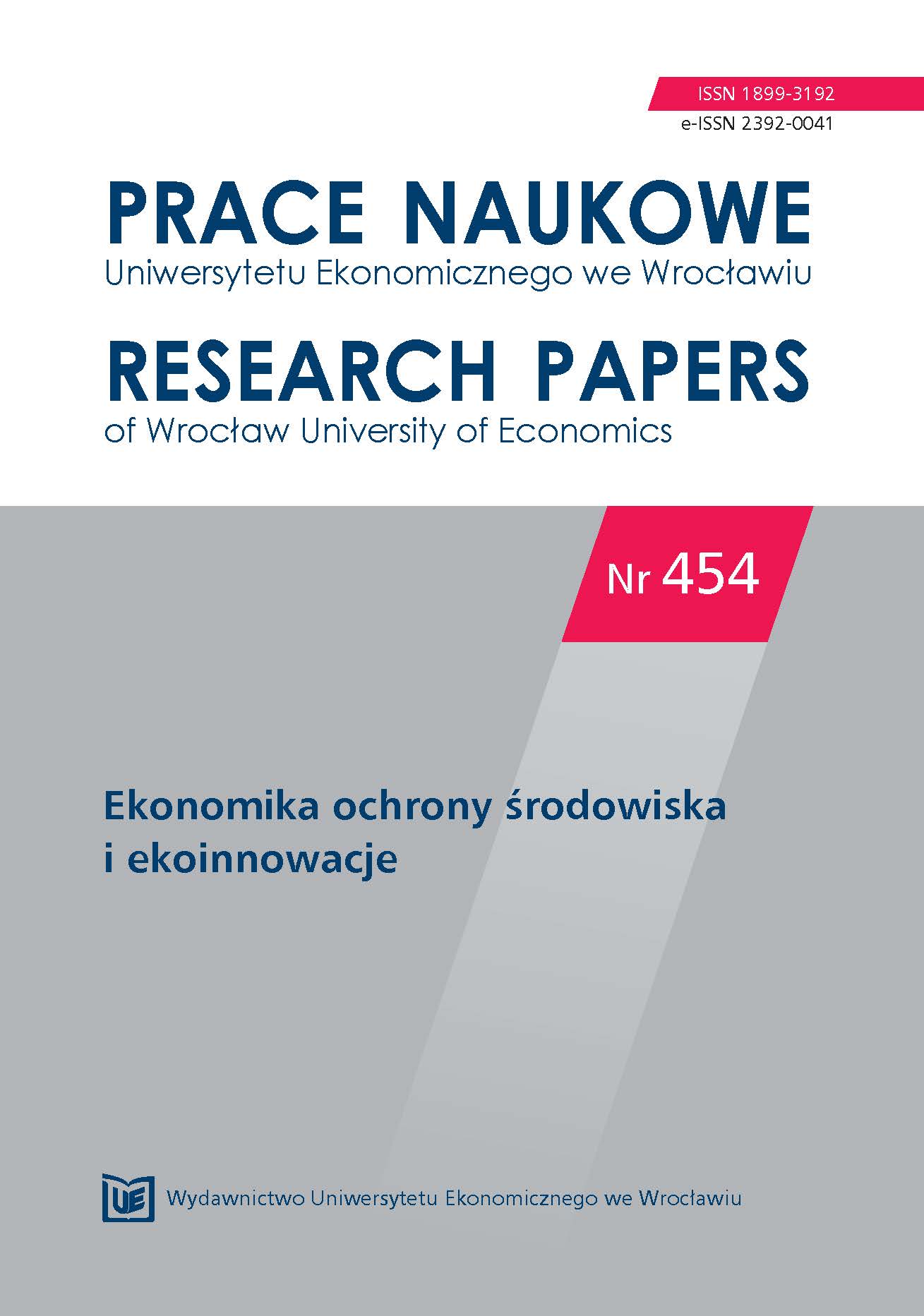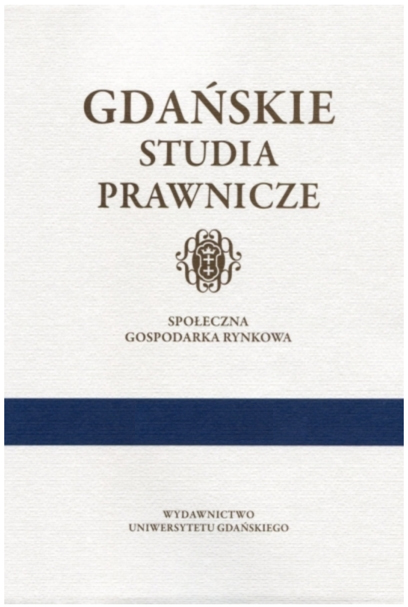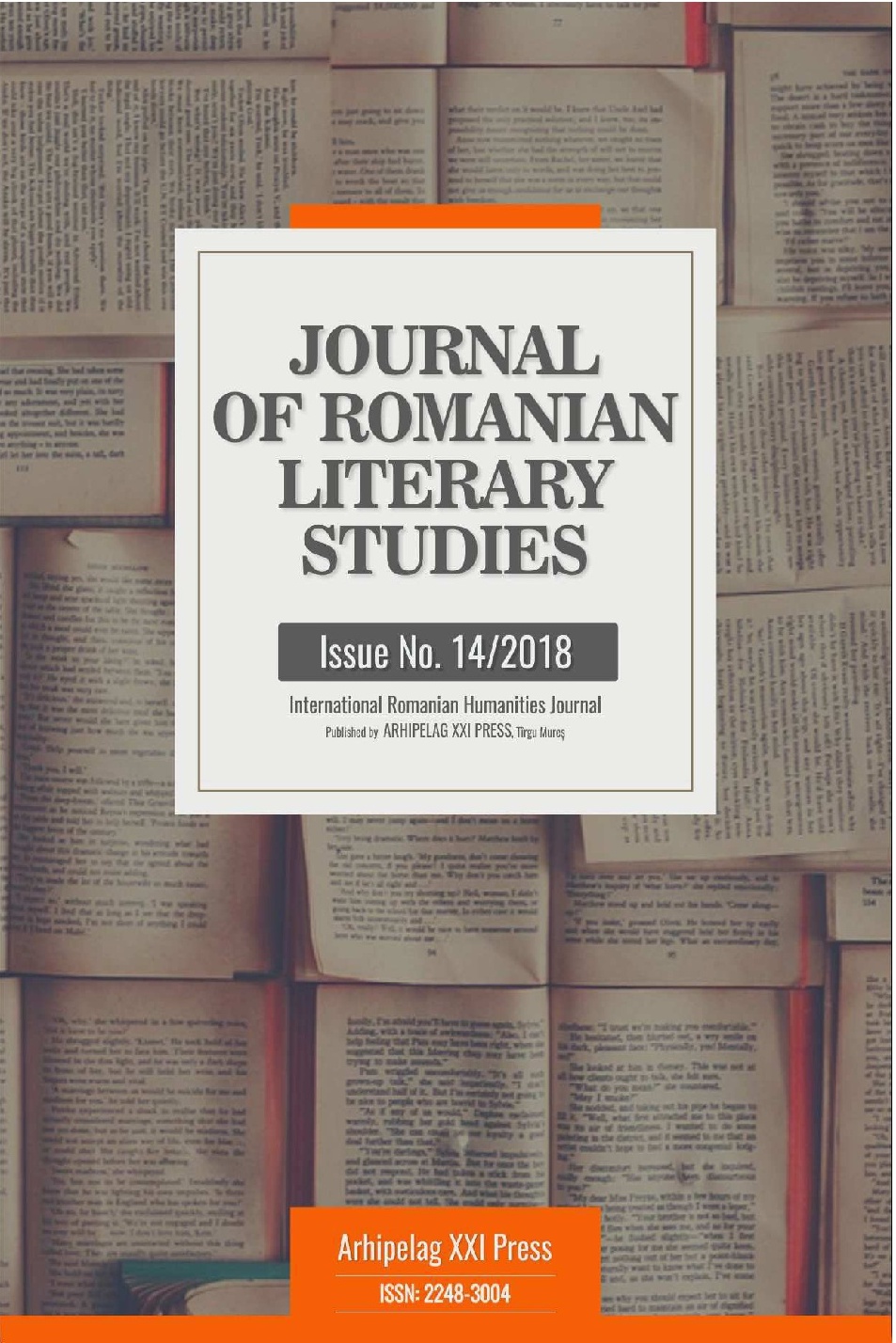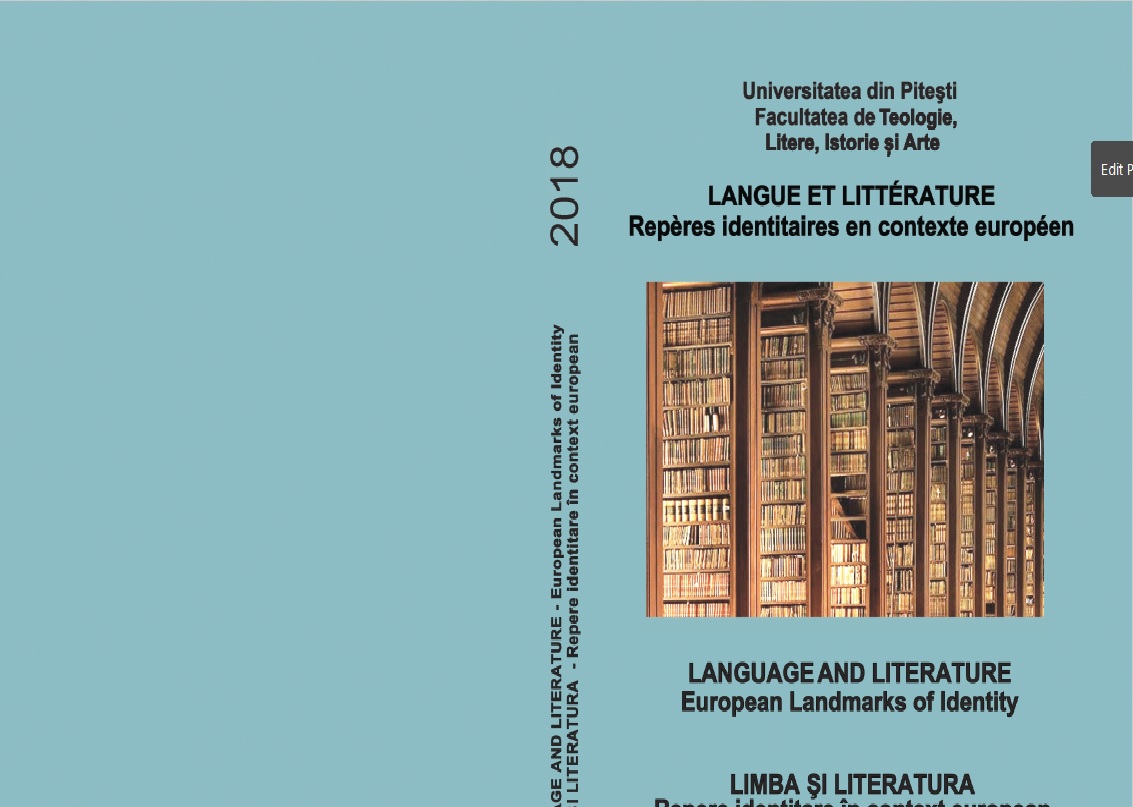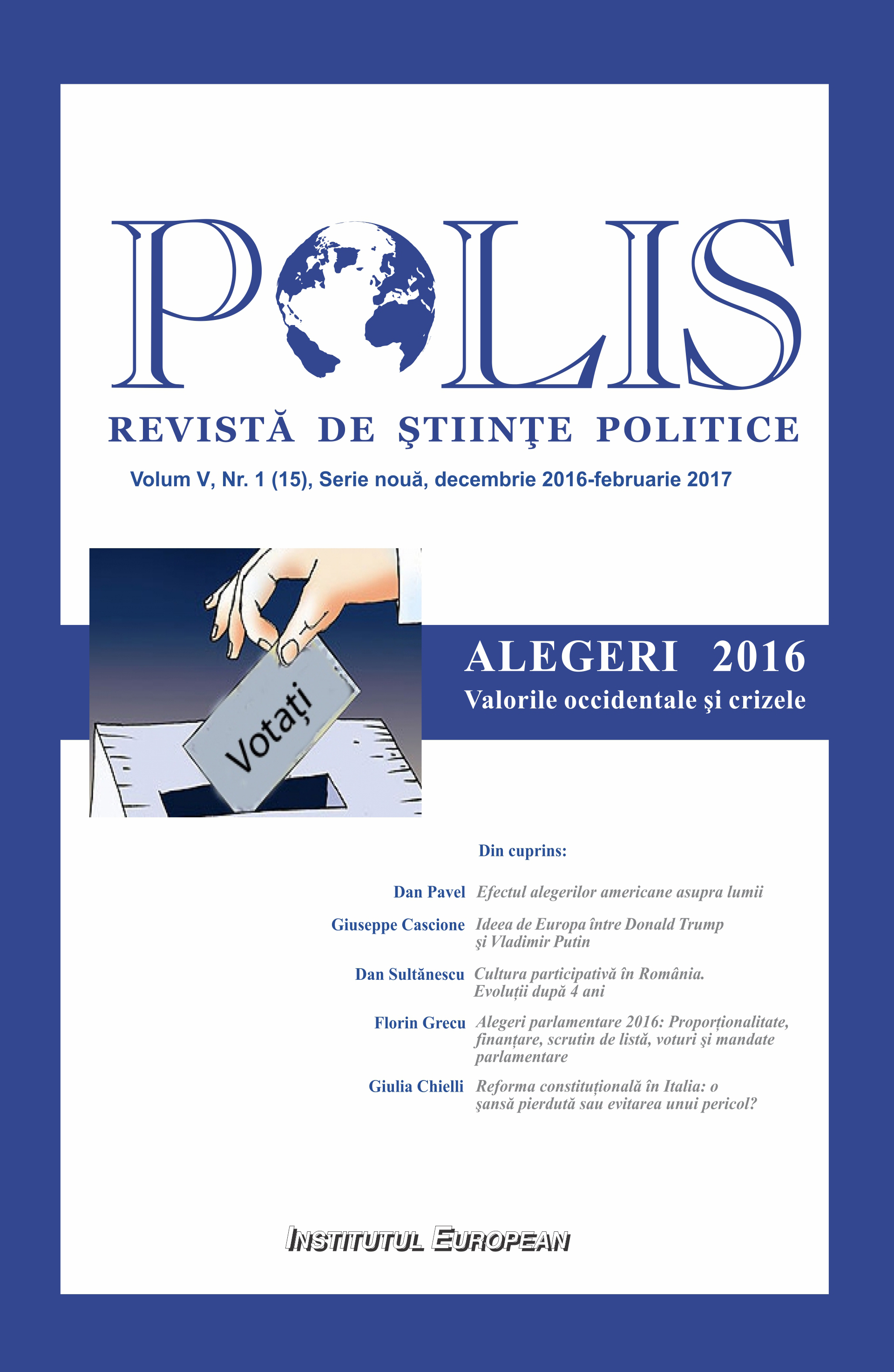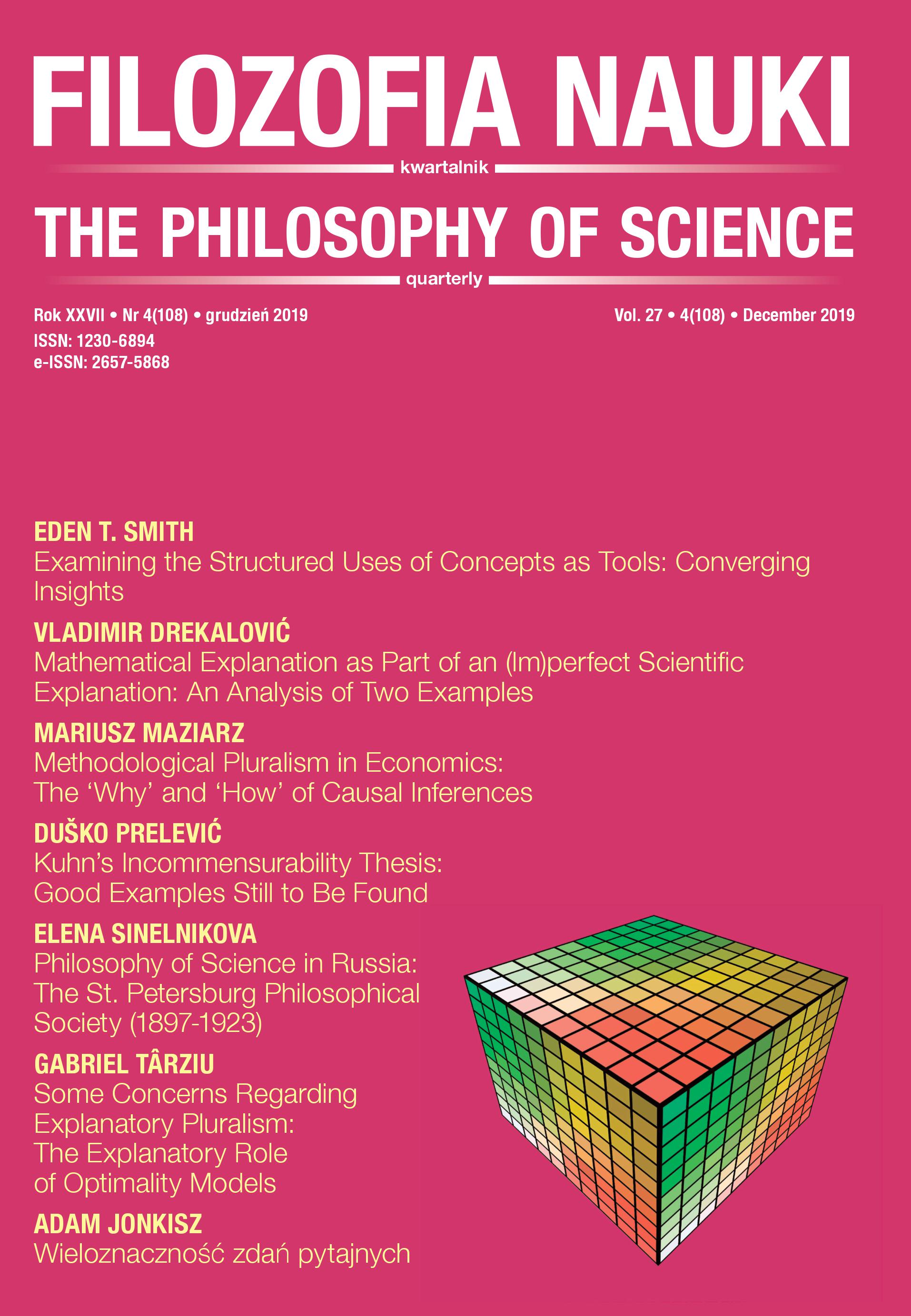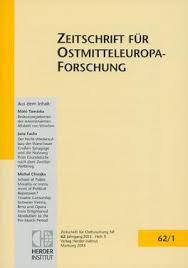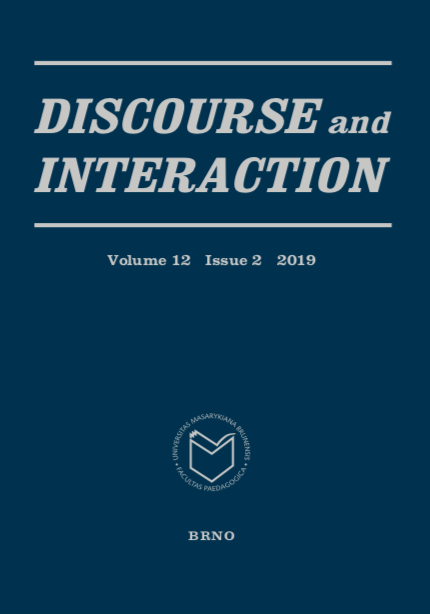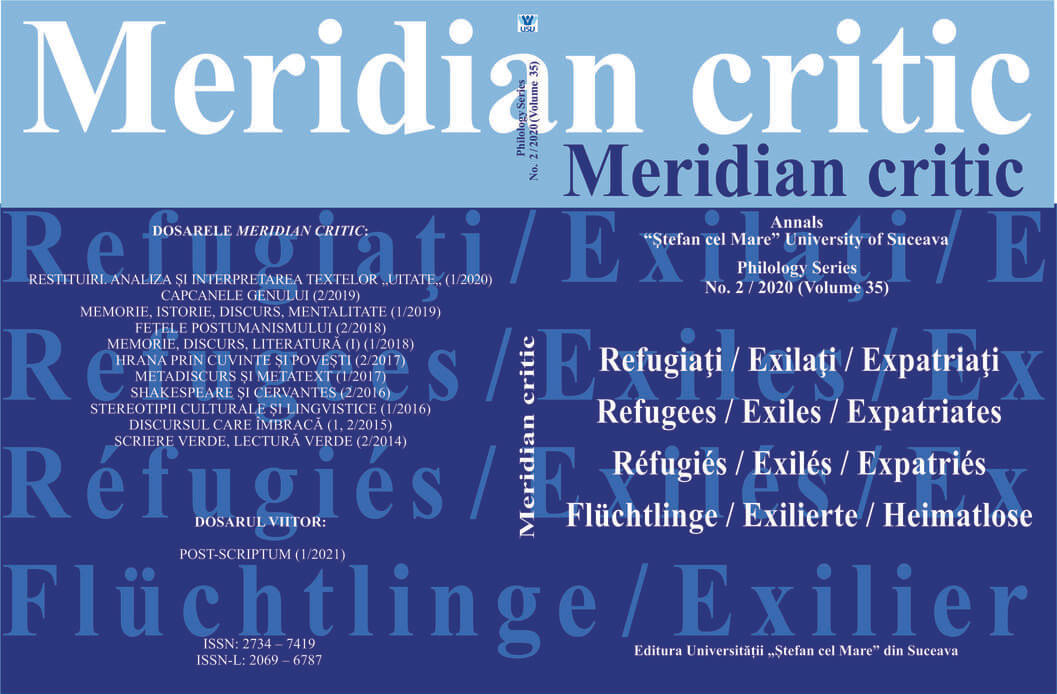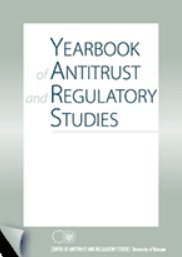Exploring the difference between Turkish and Bosnian students in Triangular Love scale
Exploring the difference between Turkish and Bosnian students in Triangular Love scale
Keywords: love; relationship; theories of love; triangular theory of love; culture
Numerous studies show that different cultures experience emotions. Some cultures tend to express emotions without restrictions while some others try to suppress the expression of emotions. These differences are particularly more manifest when Eastern and Western cultures are compared. The fact that definition of love differs between different cultures makes it difficult to determine cultural differences in the concept of love. This might serve as a basis of prejudices about some nations in relation to how they perceive love. The main aim of this study is to explore differences between Turkish and Bosnian students on love scale. The term love is operationalized by Sternberg's triangular theory of love scale which includes intimacy, passion and commitment component of love. Using quasi-experimental design we tested gender differences, the length of current relationship and correlation between them on overall scale and individual subscales. The sample consisted of 87 Turkish (22 males and 65 females) and 64 Bosnian students (23 males and 41 females) total 151 students (N=151). Results of the study show statistically significant differences between Turkish and Bosnian students on two dimensions in Sternberg triangular love scale intimacy and passion. Bosnian students scored higher on these subscales. Study results suggest that there is no statistically significant differences between males and females in any subscale. The length of love relationship is positively correlated with intimacy, which indicates that the length of connections weakly associated with intimacy, and that is not associated with the passion and the decision of commitment, suggesting longer relationship does not mean more romantic relationship, and vice versa
More...
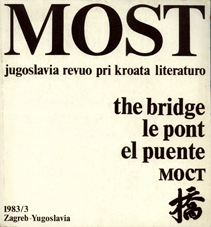

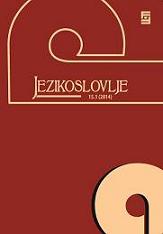
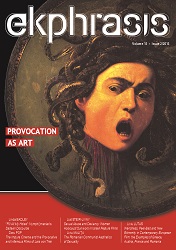
![Prvi svjetski rat – uzroci i posljedice [First World War – Causes and Conse¬quences], eds. Drago Branković and Nikola B. Popović. Banja Luka: Akademija nauka i umjetnosti Republike Srpske, 2014, 528 p.](/api/image/getissuecoverimage?id=picture_2015_22003.jpg)
